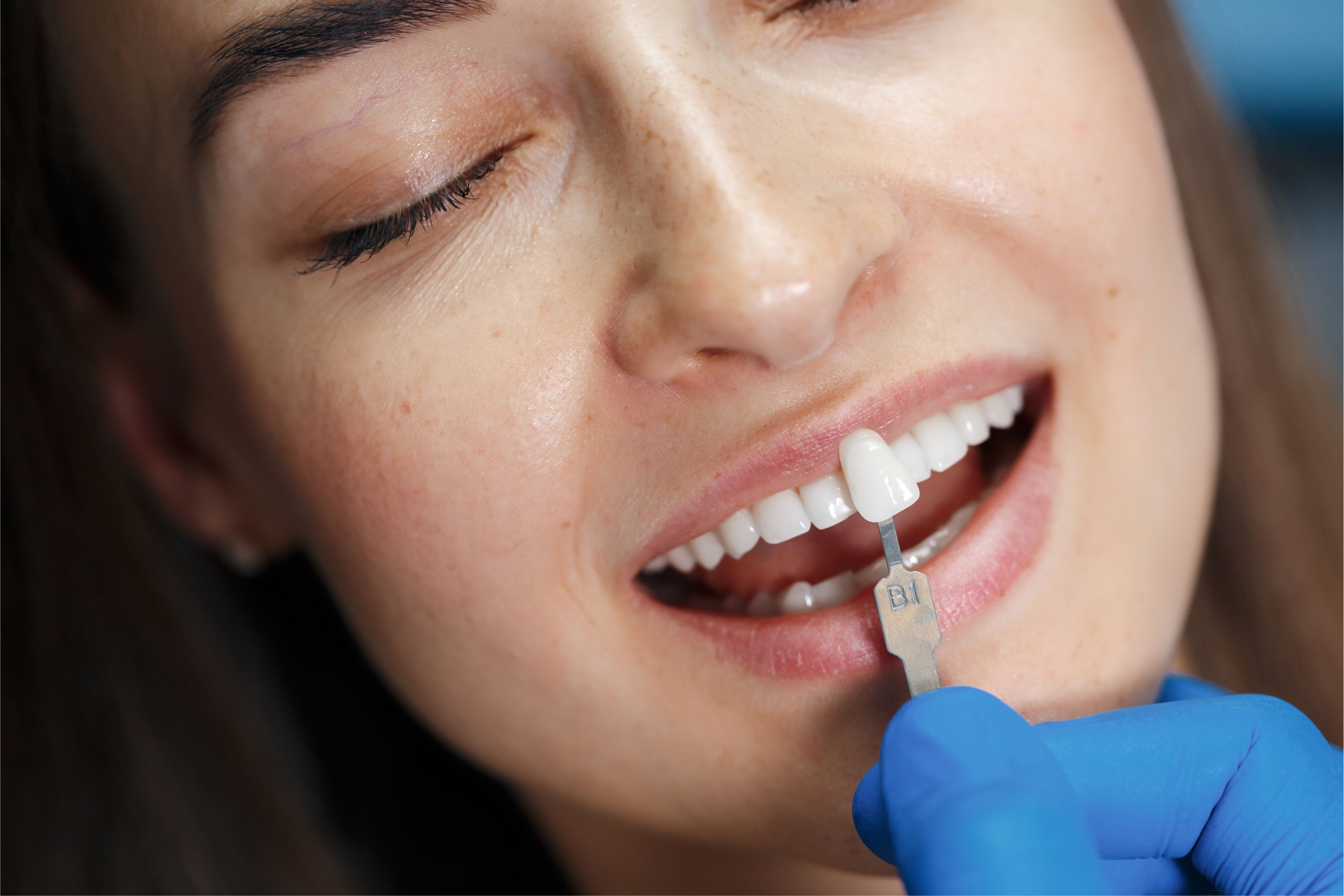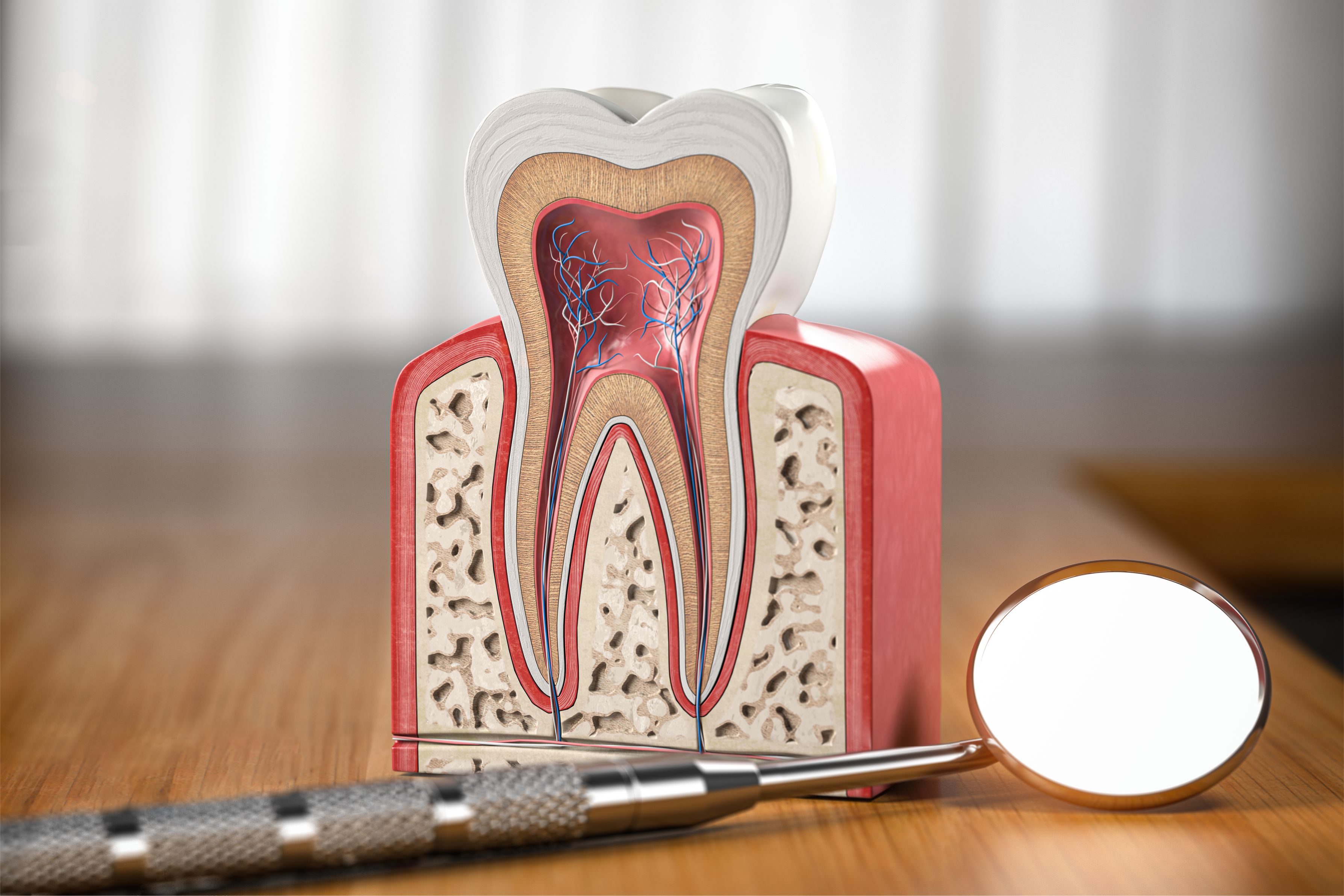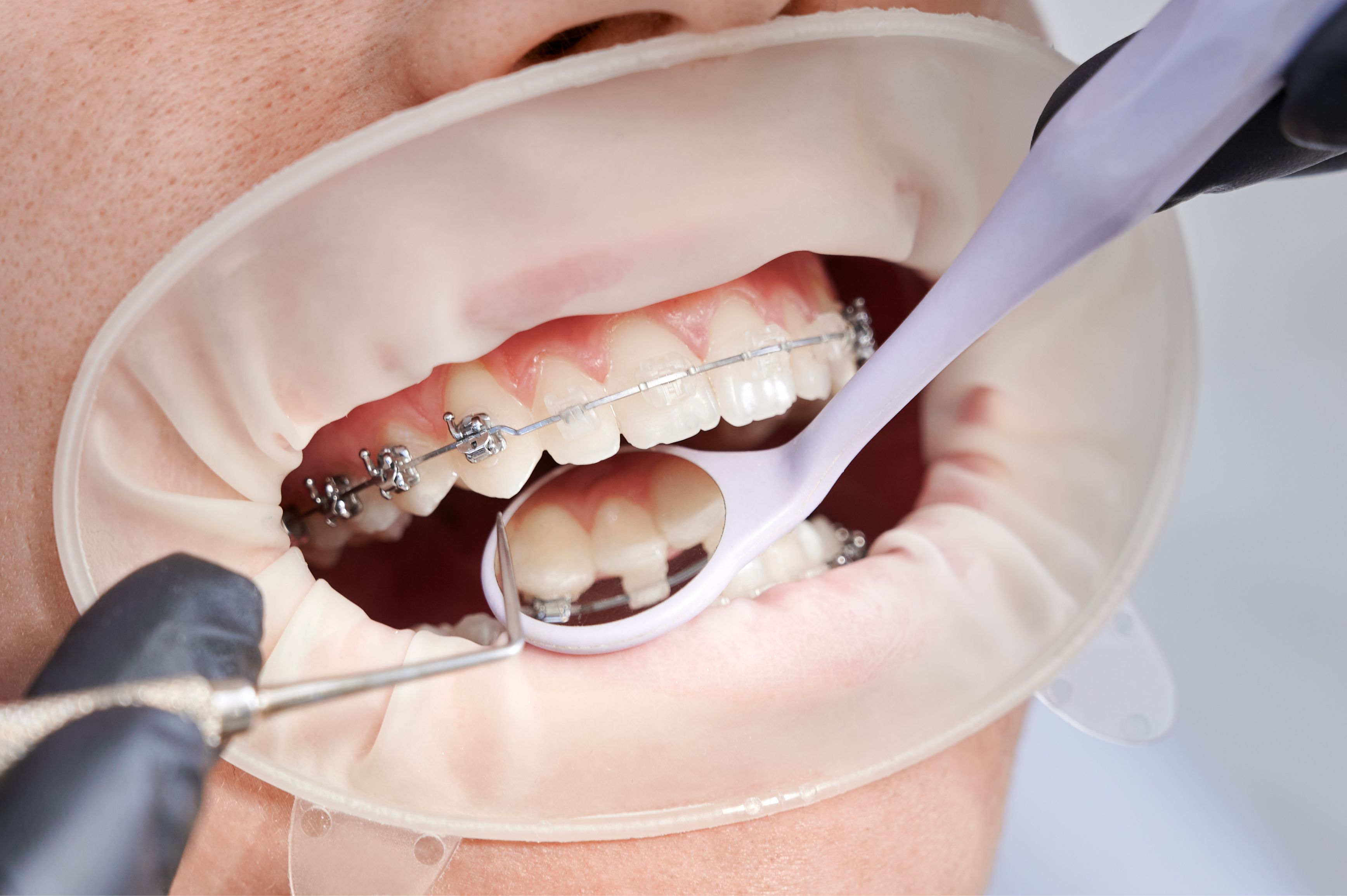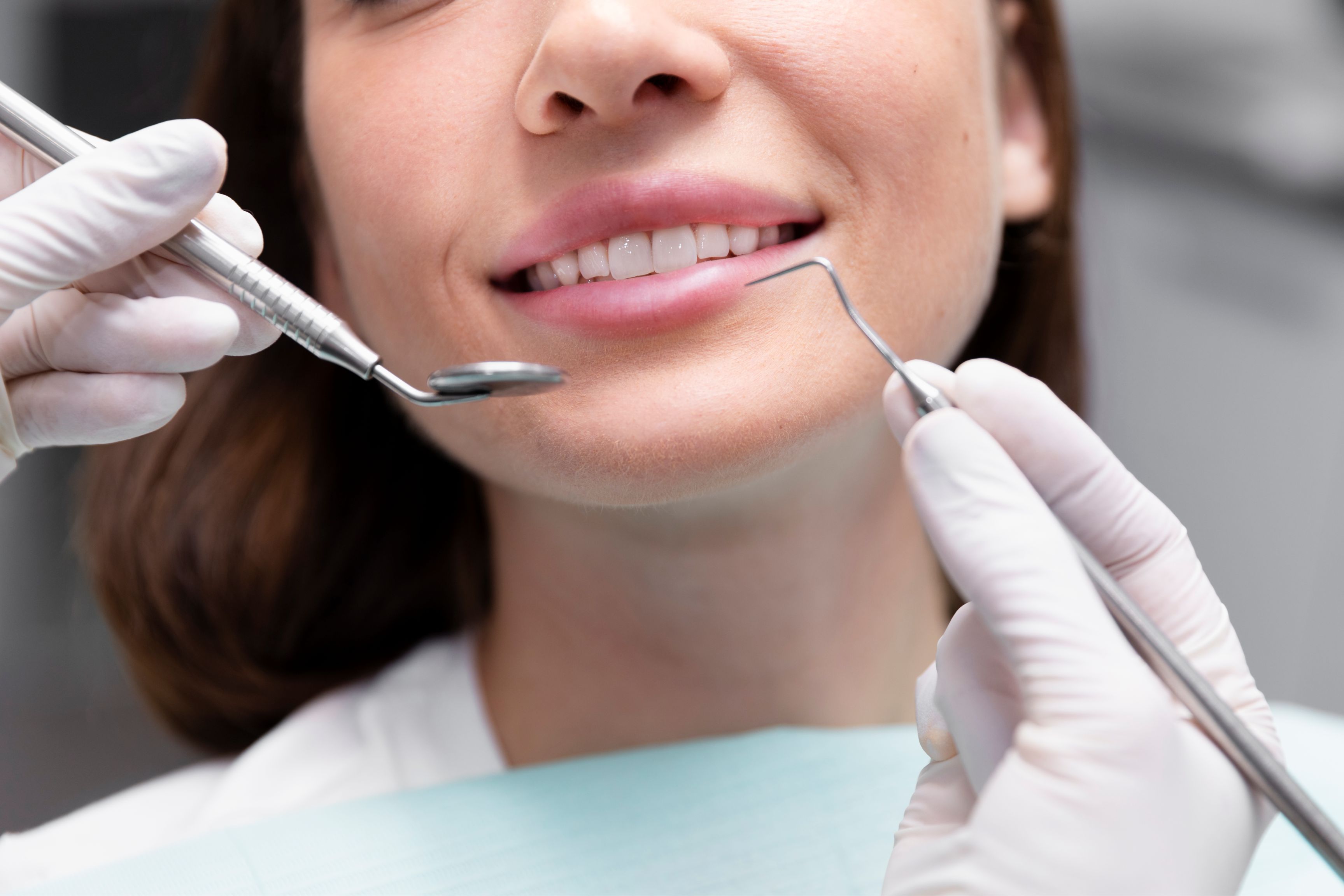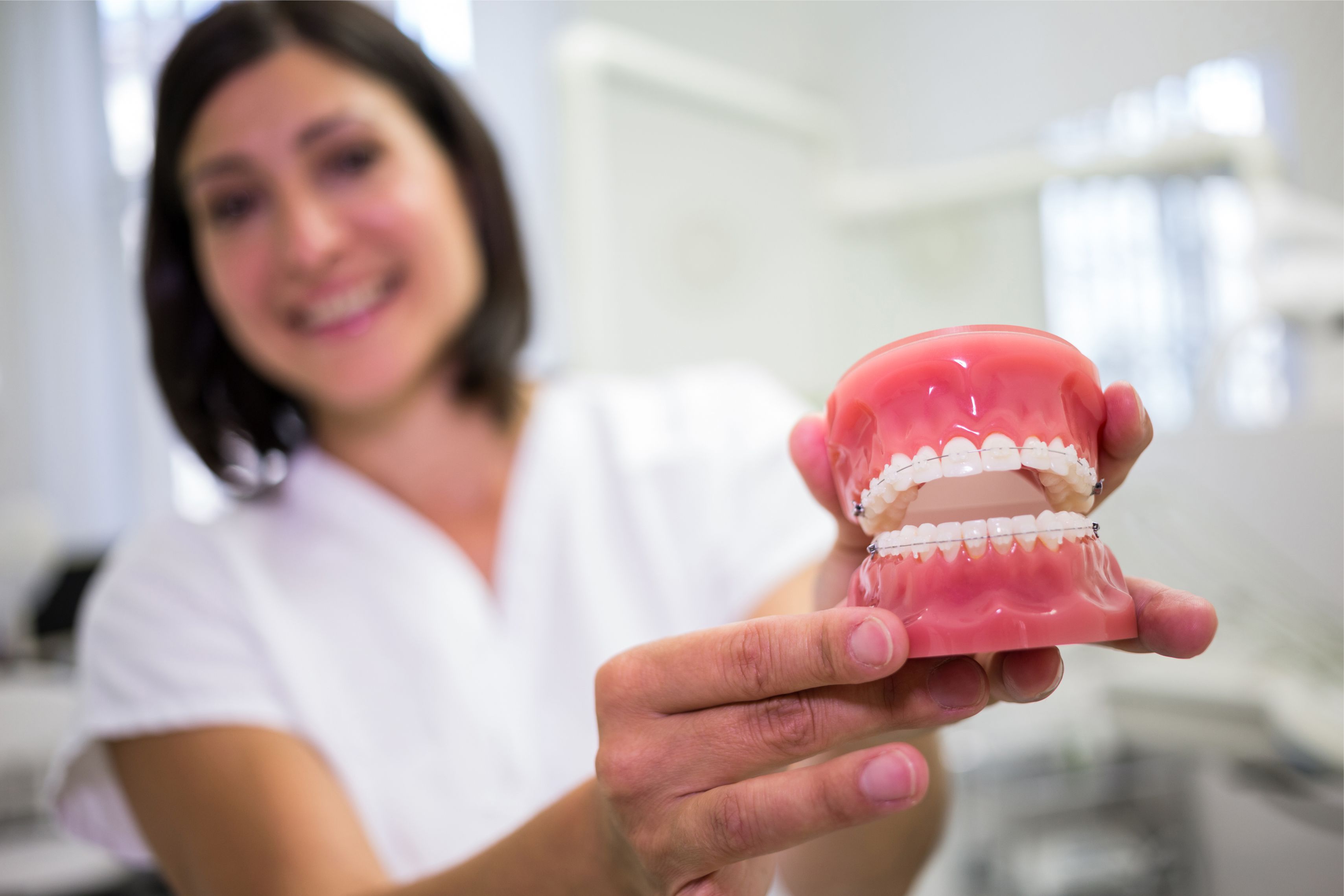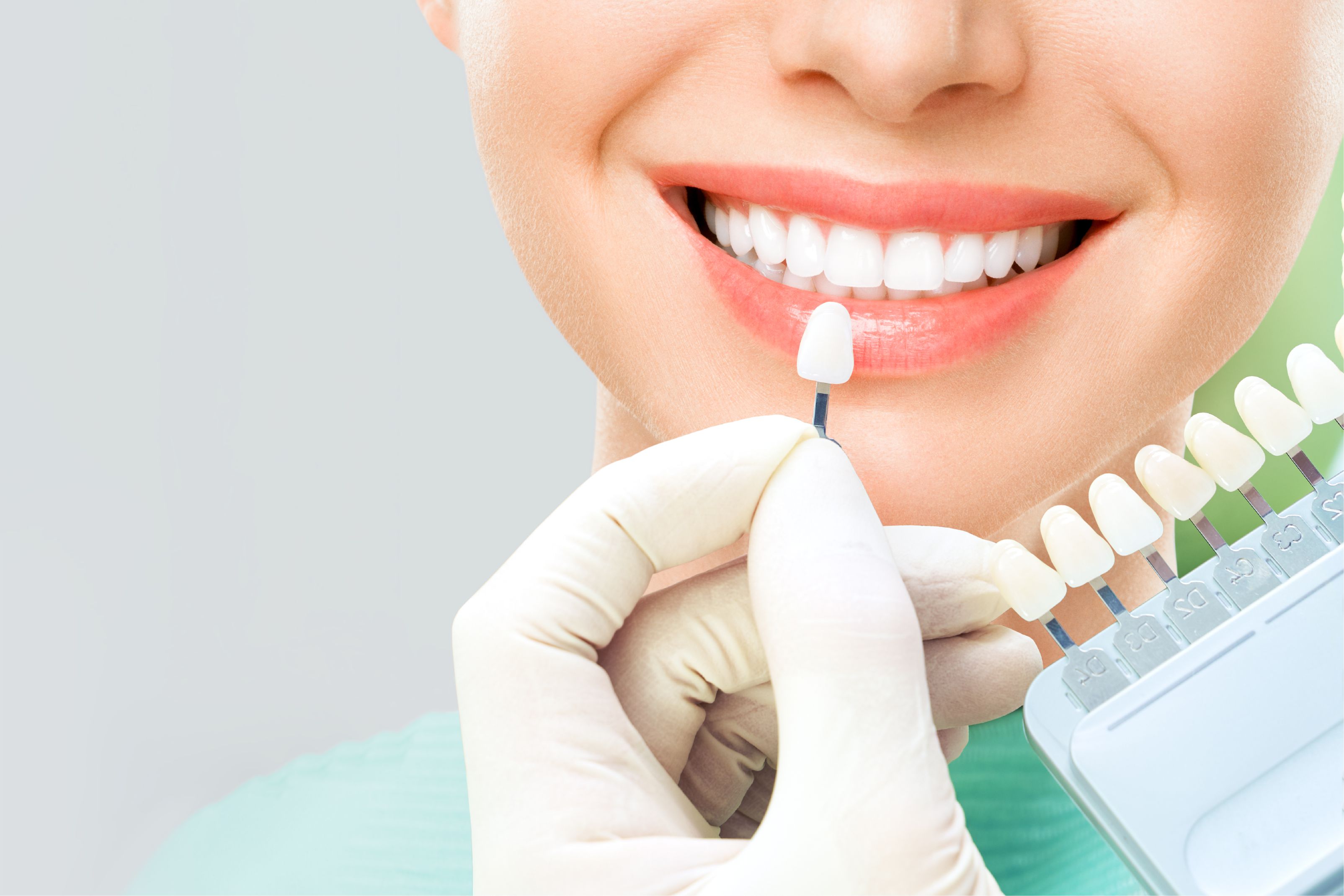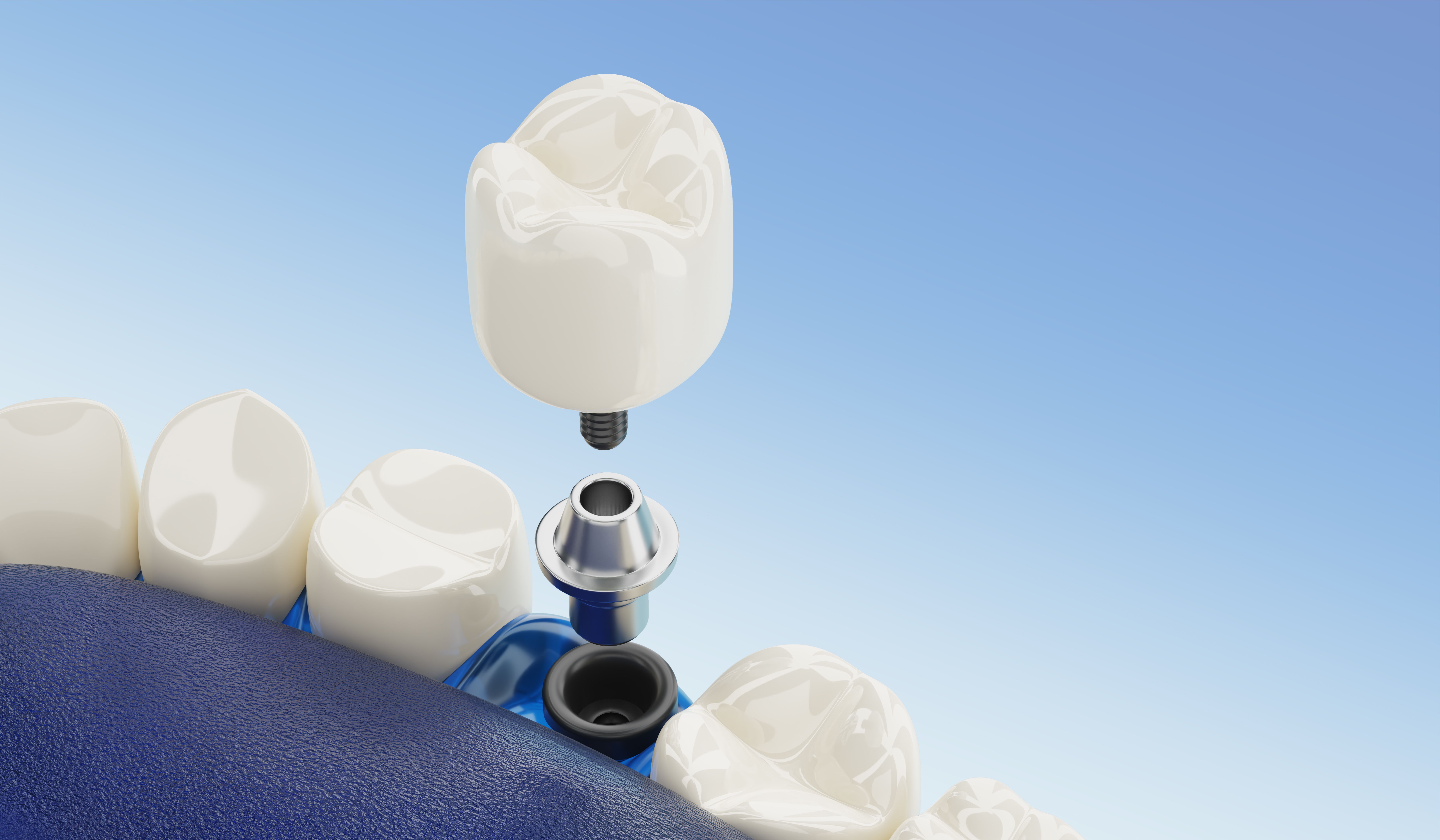Zirconium: A Strong and Aesthetic Ceramic Material
Zirconium has become a popular material in dentistry in recent years. Due to its high durability, natural appearance and biocompatibility, it is used in many areas from dental implants to porcelain veneers. In this article, we will learn more about what zirconium is, its uses and advantages.
What is Zirconium?
Zirconium is a gray whitish element, chemically represented by the symbol Zr. While it is soft and easy to process in its pure form, it is sintered at high temperature in the form of zirconium dioxide to obtain a durable ceramic material. Zirconium used in dentistry is a high purity zirconium dioxide ceramic produced with a special process.
Usage Areas of Zirconium
Dental Implants: Zirconium is a material widely used in the manufacture of dental implants. The durability and longevity of the implants integrated into the jawbone is important for a successful treatment. Zirconium implants are a preferred option due to their biocompatibility and low risk of allergenic reactions. Porcelain Veneers and Bridges: Porcelain veneers are used for aesthetic and durable dental restorations. Porcelain veneers with zirconium infrastructure adapt perfectly to the color of the teeth and increase the strength of the porcelain, providing long-lasting results. Dental Prostheses: Zirconium is also used in the production of fixed or removable dental prostheses. In order to provide the results closest to the natural appearance of the teeth, the aesthetic and durability properties of zirconium are evaluated. Scaffolds provide safe and secure fixation of dentures.
Advantages of Zirconium
Excellent Biocompatibility: Zirconium is a material compatible with the human body and does not cause allergic reactions. Aesthetic Appearance: The light transmitting feature of zirconium provides an aesthetic that is compatible with natural teeth and prevents an artificial appearance. Durability and Longevity: Zirconium is higher than other ceramic materials Low Thermal Conductivity: Compared to other metal-supported restorations, it provides lower heat conduction, which helps to reduce sensitivity. Restorations with Less Requirement: Zirconium restorations are less invasive treatments that usually require minimal tooth preparation.
Conclusion
Zirconium is considered an important material in dentistry thanks to its strong and aesthetic properties. It provides natural and durable results by using it in many applications from dental implants to porcelain veneers. However, it is important that the treatments in which zirconium will be used are planned and applied by a specialist dentist. Thus, patients are offered personalized solutions and a beautiful smile is obtained.



